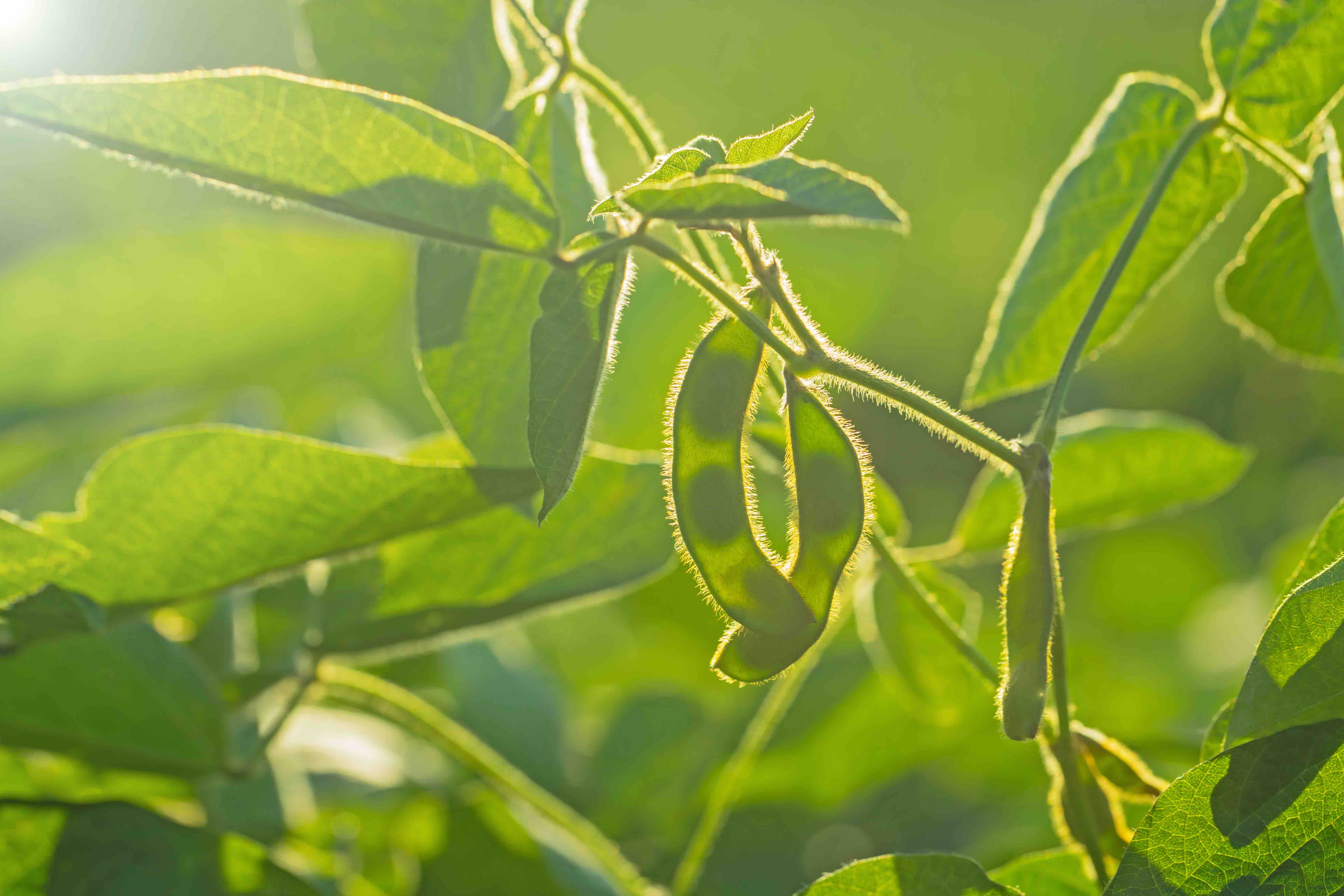Josina Nikwaniya (36 years) began growing soy in 2018 as part of Solidaridad’s Southern Africa Towards Soy Bean Import Substitution (SATSBIS) programme. She started off with a 150 square metre demo plot on her farm in Mozambique to assess her capacity to produce sustainably. This was her way of managing the risk of producing a crop she was still getting familiar with. She later grew the plot from 3 hectares and is now producing soy on 5 hectares of land. As a mother of 5, Josina is also producing nutritional crops and maize on 3 hectares plot for her own food security as well as trade. She harvested 10 tonnes of onions and built a greenhouse to produce cabbage and green peas.
Living within the under-resourced province of Gurue, Mozambique Josina quickly picked up on operational gaps and value-add opportunities within soy primary production in her community. This led her to be a seed multiplier where she sells seeds to farmers on credit and at harvest time the farmers pay the 50kg seeds she had loaned out to them with 150kg of seed. Josina also bought a thresher to provide threshing services amongst soy farmers at a fee; this has proven to be very profitable as it afforded soy farmers in her community, the efficiency and speed of mechanised threshing (most farmers were still threshing their soy seeds manually).
Changing the status quo in soy farming
Josina is one of the many women farmers thriving in a male-dominated sector. Solidaridad has ensured gender inclusivity training is included in the SATSBIS programme. The training initiated dialogue around challenging gender norms among farmers, encouraging women in farmer groups to pursue value-added enterprises as well as nutritional education. Josina found the gender-based training particularly helpful.
I really enjoyed the nutritional education as I was pregnant at the time. It helped me to balance my diet and keep my baby healthy. As a result, I carried the baby to full term with no complications.” – Josina
Gender-based and nutrition training is critical as the World Food Programme reports that child mortality associated with undernutrition is very high in Mozambique, where 60 percent of the adult population suffered from stunting as children.
Sharing the wealth
Through the nutritional education training, Josina has become more conscious of her whole family’s nutritional intake and has managed to turn her newfound love into a business, baking cakes which she sells to the community from her home. This has created a consistent, dependable supplementary income for her. This led her to see an opportunity to increase her community’s food safety. Josina built a greenhouse for the production of nutritional crops that are sold in her community. Beyond just farming, she has used revenue made from her farming activities to set up businesses outside of agri and has become a well respected entrepreneur in her community.
As a divorced woman Josina has been able to build a home for her children with revenue from her agribusinesses. And, through the behaviour change training that Solidaridad facilitated, Josina got her farmer group to engage on how they can collectively make amenities and conveniences that exist in urban environments available in their rural context.
The first area of need was electricity; this led her to pursue a strategy of grouping families to contribute money for a transformer so that the municipal worker could connect every household in the community with electricity. However, many in the community considered this to be a man’s duty, and as result some of the farmers declined to participate, demoralizing other participants. In her relentless nature, Josina proceeded to buy solar panels for her house, and hers is the only house that enjoys illumination at night in her community in Gurue. Josina has become a visible and vocal ambassador and her home a beacon of hope for improved lifestyle through enterprising pursuits. She is now a distributor of solar panels within the community of Gurue.
Read more about our work in Soy.

